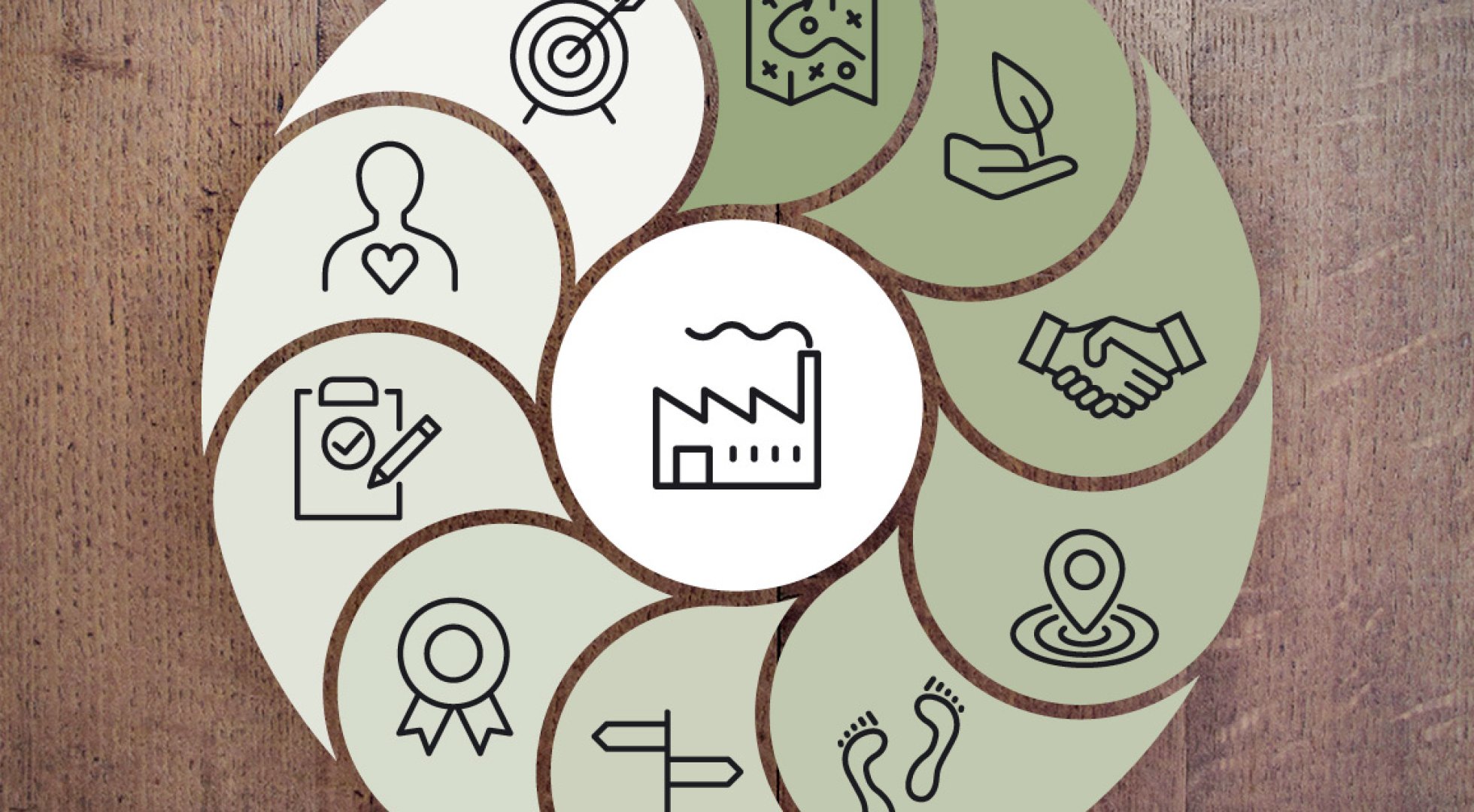


As a responsible businessperson, you are driven by a will to develop your company, your products and your supply chains in a sustainable way, and by offering visitors good hospitality and experiences while respecting the place. A responsible company is a good employer who also makes it possible for guests to make sustainable, well-informed choices while visiting.

Establish systems for tracking and overseeing sustainability initiatives. Develop a comprehensive, long-term plan tailored to the scale of your business and the resources at your disposal. Talk about the positive effects that your work has on guests, suppliers and collaborating partners.

Gain an understanding of environmental terms and conditions and adapt accordingly to its opportunities and constraints. The world is in a constant state of flux, so evolve alongside it while adhering to the specific conditions of your surroundings.

Act to make the tourism and hospitality sector more inclusive and accessible for diverse groups of visitors. Honor local culture and customs and actively engage in meaningful dialogues with key stakeholders, including Sami villages and local residents. Sign or renew agreements with landowners and other stakeholders to support these initiatives.

Recognize your role within the local network economy and the tourism value chain. It’s essential to understand that the majority of the offerings and experiences are derived from locally produced goods and services, setting the stage for a sustainable future.

Promote climate-smart transport and travel. Create conditions for distributing the numbers of visits throughout the entire year. Take advantage of opportunities that arise within the sharing economy and circularity.

Enable guests to support sustainability and the local economy. Guide them on responsible behavior during their visit. Be open and transparent about your business’s journey towards sustainability; with respect to deficiencies, objectives and future plans.

Offer fair terms of employment, competitive salaries and clearly-defined opportunities for professional development. Communicate your company’s values and objectives to all team members. Understand the motivations of your current and prospective employees. Extend operating seasons to foster a sustainable business with improved working conditions.

Follow national and local safety regulations and recommendations to ensure safe and secure experiences and workplaces. Ensure that you have the necessary insurance, permits, and authorizations in place. Continuously plan and conduct risk assessments. In case of an accident, is there support available for both guests and co-workers?

Keep in mind that genuine hospitality benefits both guests and hosts. Familiarize yourself with Swedish Lapland and share information about various attractions beyond your own. Tailor your offerings, advice, and hospitality to the guest’s position in their travel journey. Communicate with guests through their preferred channel.

Target marketing efforts at ‘The Responsible Traveler.’ This approach increases your chances of reaching those who are interested in what you offer. The more accurately you tailor your offering to someone whose needs you can address or whose requests you can fulfill, the more cost-effective your marketing becomes.
Learn about how the enablers of the tourism sector can help foster conscious and responsible travel.